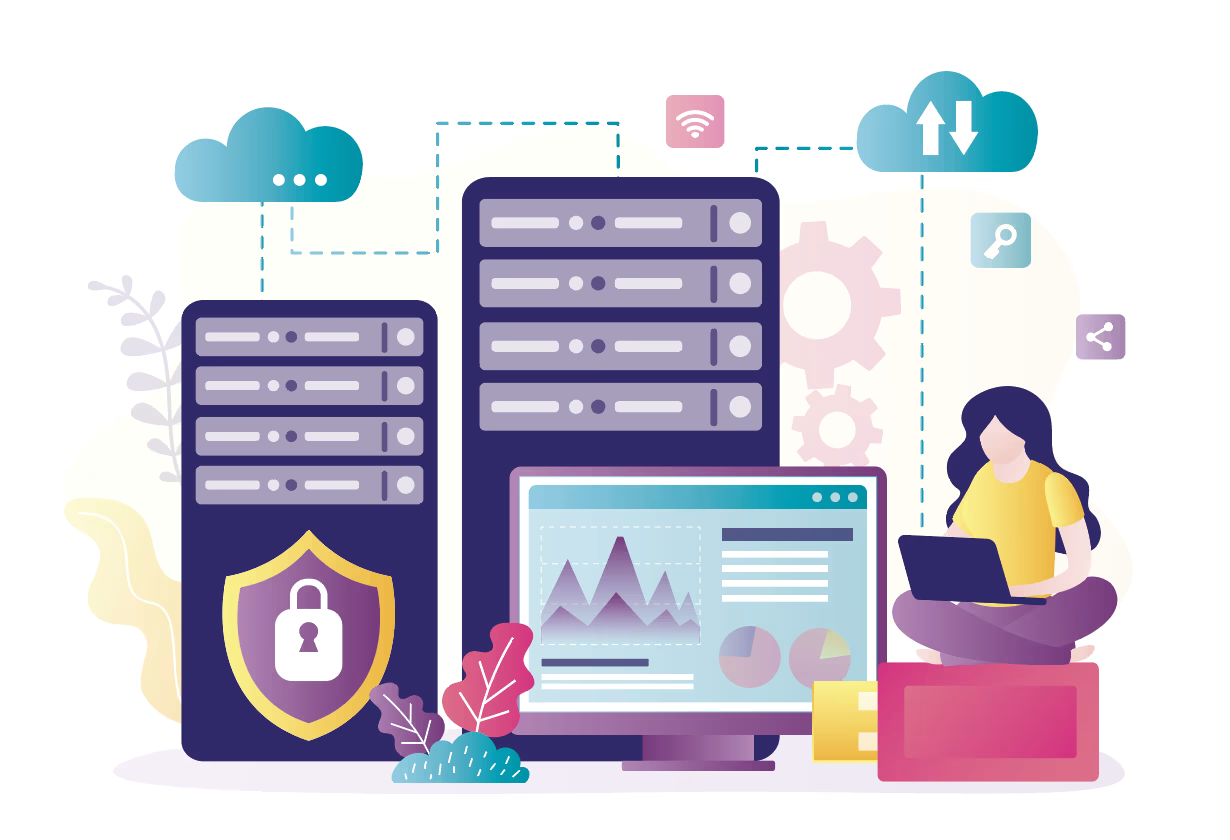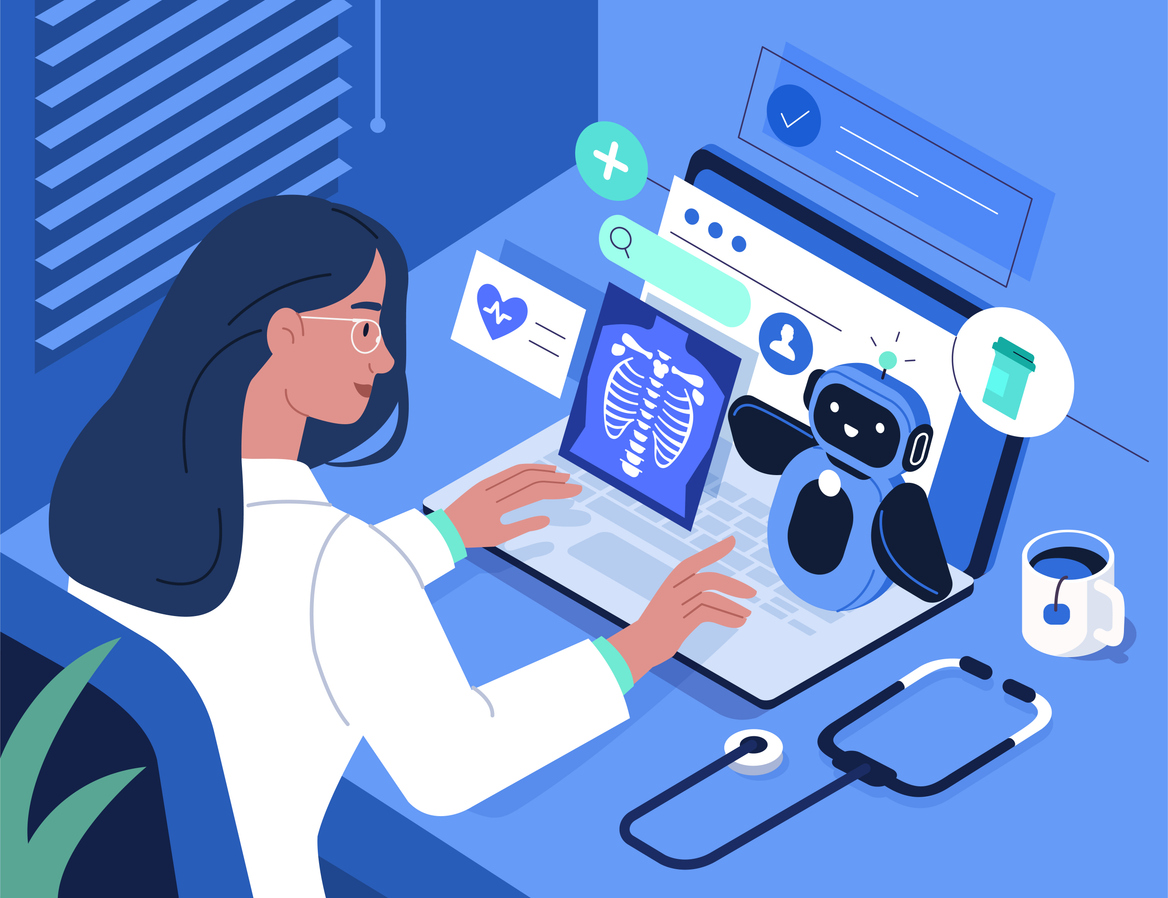What is Documentitis?
Documentitis: the "inflammation" affecting healthcare providers who spend excessive time on EMRs, leading to fatigue, burnout, and after-hours charting.


Popular articles
Documentitis is an inflammation affecting healthcare providers who spend too much time on the computer to meet burdensome documentation requirements.
If you’re a doctor or healthcare professional who spends over half of your work day on the computer, or if you regularly log into the EMR after hours, you may have documentitis.
What does “documentitis” mean?
The term “documentitis” was coined by Mobius MD, a medical workflow company that helps providers use EMRs more efficiently. The official definition of documentitis is:
Documentitis | noun
1: Inflammation caused by burdensome documentation requirements imposed by EMRs, billing systems, etc.
Also See: “death by a thousand clicks”
Mobius MD
In this article, we will review the symptoms and causes of documentitis so you can take proactive steps to stay healthy and keep working in healthcare.
Symptoms
Common symptoms of documentitis include:
- Irritability
- Fatigue
- Carpal Tunnel Syndrome
- Hunt and Peck Hands
- Neck pain
- Brain Fog
- Complaining about EMRs
- Loss of joy in work
- Persistent thoughts about leaving medicine
- Missing your kids' soccer games
- Regular after-hours EMR time
You may have one of these symptoms, or you may have several. Most individuals suffering from documentitis report at least five of the symptoms listed.
https://youtu.be/IEj0kn8uklM?si=t666RD7dXwnEqK2M
How common is it?
Documentitis affects 9 out of every 9 healthcare providers.
While ubiquitous among healthcare professionals, documentitis is frequently undiagnosed or misdiagnosed. Common misdiagnoses include burnout, the Monday blues, and slow typing. However, these interpretations overlook the fundamentally EMR-related origins of documentitis.
Prognosis
Documentitis is now curable with careful treatment (see “Treatment and Prevention”).
If left untreated, documentitis is career-threatening as it frequently develops into persistent irritability with colleagues and patients. In extreme cases, providers suffering from documentitis may leave medicine.
What causes documentitis?
Documentitis is caused by burdensome healthcare documentation requirements typically imposed by EMRs and billing systems.
Today, physicians and other healthcare providers spend more time typing and checking boxes in the EMR and less time treating patients. This mismatch between professional interest and day-to-day reality leads to thoughts like, “What am I doing here?” and, “Should I have studied administration instead of anatomy?”
On a more serious note, doctors are frustrated, and inefficient documentation is at the root of that frustration. Documentitis is severely affecting medical professionals and the entire healthcare system.
Consider these statistics that reveal the extent of documentitis:
- According to a recent Medscape survey, 53% of physicians report symptoms of burnout.
- When asked what causes their burnout, “too many bureaucratic tasks” is the top reason providers give. Other studies report that physicians, residents, and fellows widely believe EHRs contribute to burnout.
- Across specialties, the average doctor spends a quarter of their working time completing EHR documentation (about 10 hours a week).
- Family doctors spend, on average, half their work day in the EHR, including about 90 minutes after hours.
Documentitis has reached epidemic levels, and it’s not just healthcare providers suffering. Physician turnover has risen steadily in the past decade, creating challenges for hospitals and clinics that have to replace staff frequently. Even patients are affected by documents because doctors in distress make lousy providers.
As the Harvard Global Health Institute warned in an alarming report, physician burnout is a “public health crisis." If not addressed, documentitis threatens the well-being of healthcare providers and adequate healthcare provision.
https://youtu.be/J7cdU3IudOQ?si=O-ImS4WQUoGYkjn3
Treatment and Prevention
To treat documentitis, doctors need faster and easier ways to complete clinical documentation.
Historically, typing was a significant barrier to faster documentation since doctors are notoriously slow typists. Physicians tried everything: sending recordings away for transcription, using medical dictation apps, and even hiring additional staff to work as scribes. While these solutions cured some doctors, documentitis persisted.
Then, in 2023, generative AI became effective and widely available. When paired with the latest speech recognition software, generative AI made it possible for computers to write clinical notes instead of doctors. To access this solution, physicians just need their smartphones and the right software.
AI medical scribes are now the leading known treatment for documentitis, reducing most healthcare providers' time on the computer by at least 80%. Ask your doctor if an AI medical scribe is the right treatment for your documentitis.
https://youtu.be/ZDXGbbg9yxg?si=1FLdUarownGPaVv2
Related Articles


We Get Doctors Home on Time.
Contact us
We proudly offer enterprise-ready solutions for large clinical practices and hospitals.
Whether you’re looking for a universal dictation platform or want to improve the documentation efficiency of your workforce, we’re here to help.





